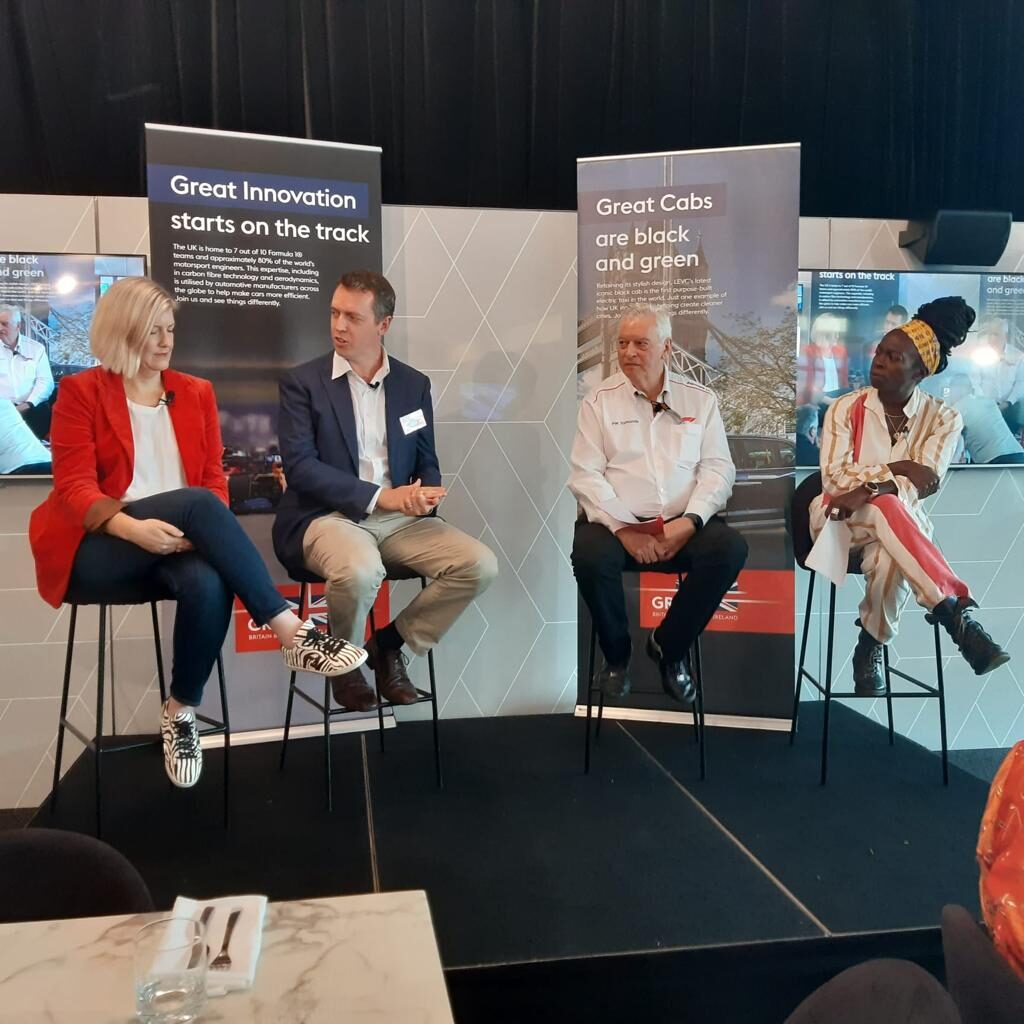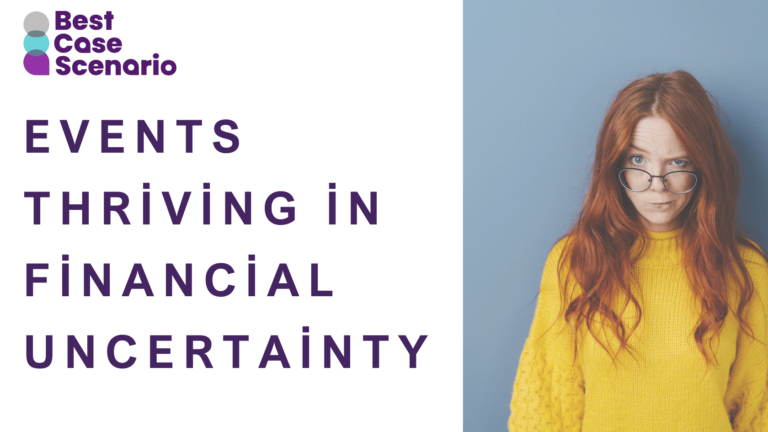Let me start by explaining what I mean by driving seat; I was a discussion moderator at the Australian Grand Prix Corporation breakfast in Melbourne. The breakfast was run by the British Consulate General on the topic ‘The Impact of Innovation’.
I want to start by thanking one of the attendees, Michael Hendricks, Chief Risk Officer, Australia at Revolut for sharing his two-favourite and very poignant take aways from the discussion:
“Real innovation is setting a very ambitious goal that you don’t yet have a solution for” & “Unless we get cognitive diversity, we won’t get innovation”
I would like to also add my own top takeaways, but firstly thank you to such a great panel who made my job as moderator an absolute joy.
- Sally-Ann Williams, CEO of Cicada Innovation
- Joshua Moran, NSW Manager of Renewable Energy and Green Hydrogen Projects from Fortescue Future Industries
- Pat Symonds, Chief Technical Officer from Formula 1.
We covered a lot of engaging topics, but the following really stood out for me (in my own words);
Failing often spurs on innovation.
Australian culture can in some cases hold back innovation as the fear of failure is too overwhelming. Australia would do well to embrace the UK’s attitude to failure.
The definition of innovation.
Sally-Ann Williams, CEO of Cicada Innovation came from the view point that true innovation needed to be radical innovation, not incremental as often seen here in Australia, playing it too safe. Pat Symonds, Chief Technical Officer from Formula 1 agreed there was a place for radical information and he came from the school of three types of innovation:
- Incremental Innovation. Existing Technology, Existing Market.
- Disruptive Innovation. New Technology, Existing Market.
- Radical Innovation. New Technology, New Market.
Innovation and Diversity.
Pat Symonds, also raised that at one point in his career as a leader he realised his engineering team, albeit extremely capable – they team had similar experiences and backgrounds, with a lack of diversity in thinking, they got a lot done but, because they agreed on most things, no one was being challenged with different perspectives. This is where Pat raised the excellent point “Unless we get cognitive diversity, we won’t get innovation”.
Diversity and collaboration.
This insight will certainly shift the perception that Formula 1 is nothing more than a gas guzzling sport. Pat provided two scenarios where they collaborated with other sectors to solve issues beyond the track to hospitals and supermarket isles.
A technology developed in Formula One racing could revolutionise refrigeration in the UK’s supermarkets and convenience stores by drastically reducing the energy needed for cooling.
The design of a new breathing aid developed by engineers at the Mercedes F1 team, University College London (UCL), and clinicians at UCL Hospital have been made freely available to support the global response to Covid-19.
A lifetime of event management and running my own marketing/event agency Best Case Scenario, has put me in a good position to know the key ingredients that made for an outstanding panel such as this;
- the high quality of the participants themselves
- putting in the work pre-discussion to understand the different dynamics and qualities of each panelist to bring the best out of a mix of subject matter experts.
Finally, I want to also thank the British Consul-General Victoria for hosting the discussion that set out to discuss the opportunities and impact of technological innovation between Australia and the United Kingdom. Their goal to inform and excite attendees about current opportunities in the innovation space, with a view to furthering trade and innovation into the future was truly met.
“I wanted to write to personally thank Luli for participating in our Innovation in the Fast Lane panel on Friday. All your contributions were invaluable, and the result was a fantastic, engaging discussion spanning the importance of diversity and inclusion to get innovation; building a culture of innovation; innovation to solve global challenges; and international collaboration, to name a few topics.”
Mr Steph Lysaght, British Consul-General Victoria, South Australia, Tasmania Tweet
About Best Case Scenario
Founded in 2007, Best Case Scenario create business opportunities to empower change-makers. They believe in the power of people to create meaningful change. They leverage strong relationships within the Technology, Government, Financial and Health sector to bring the right people together to have meaningful conversations. They work with ambitious companies to help them grow and achieve outstanding results.
Connect direct with Best Case Scenario’s Founder and Director, Luli Adeyemo at luli@bestcasescenario.com.au





